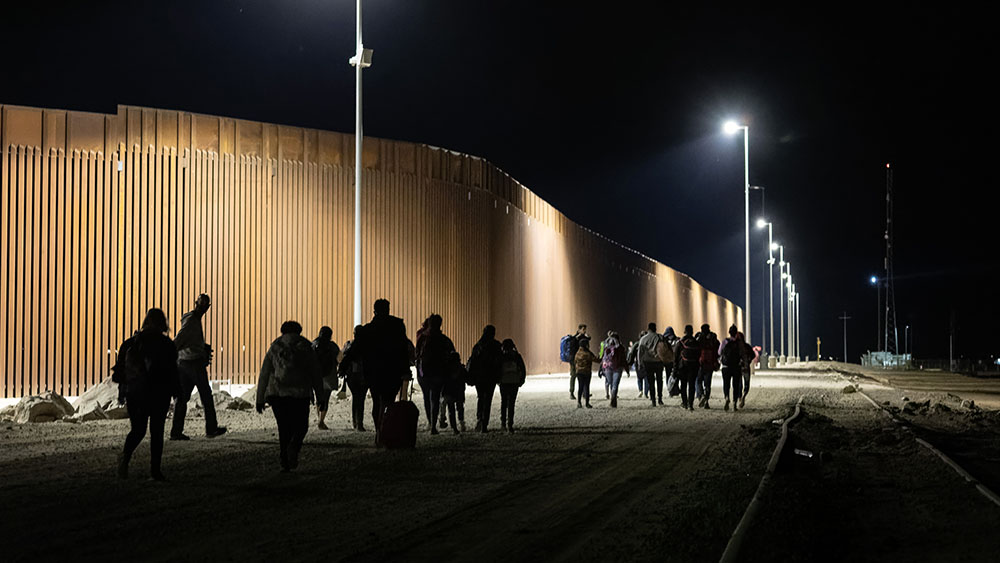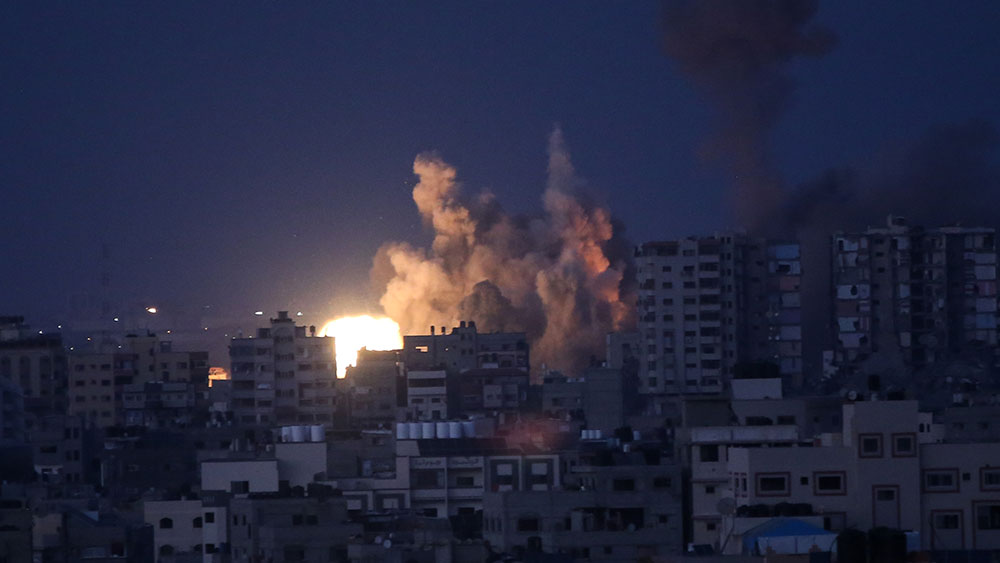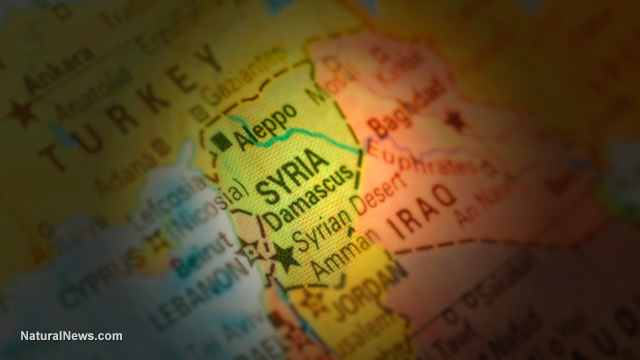 Parler
Parler Gab
Gab
Monsanto knew PCBs were toxic and covered up the risks
Monsanto knew that the chemical was toxic and covered up the risks of exposure, which include cancer and other illnesses, for many years. Internal communications show that Monsanto was aware that their PCBs, also known as “aroclors,” were toxic as far back as 1955, but they did not stop producing them until 1977, when they were faced with strong regulatory pressure. The chemicals were widely used at the time for insulating electrical equipment. They were also found in paint, floor finishing products, caulking and carbon copy paper. Known as “forever chemicals,” they break down very slowly in the environment and can seep from caulk and paint into the air. They were banned by the federal government in 1979 on account of their links to cancer. Monsanto and Bayer are also facing legal scrutiny over PCBs found in Vermont schools. The state’s legislature has ordered a search for PCBs in all schools in the state that were constructed before the toxic chemicals were banned. Several schools have already closed down parts of their property in response to the findings. Burlington High School shut down in 2020 after high levels of PCBs were found there, and students have been learning in makeshift classrooms at a former Macy’s department store situated nearby for the last three years. Sources for this article include: GreenMedInfo.com HeraldNet.com Reuters.comU.S. has transported over 10,000 tons of weapons to support Israel’s ongoing offensive in Gaza
By Laura Harris // Share
Looking for more trouble? Israeli airstrikes hit Damascus amid escalating Israel-Hamas war
By Laura Harris // Share
Russia vows to respond in kind if West seizes its frozen assets
By Richard Brown // Share
Hungarian security analyst: Russia-Ukraine war will not end in 2024
By Laura Harris // Share
Governments continue to obscure COVID-19 vaccine data amid rising concerns over excess deaths
By patricklewis // Share
Tech giant Microsoft backs EXTINCTION with its support of carbon capture programs
By ramontomeydw // Share
Germany to resume arms exports to Israel despite repeated ceasefire violations
By isabelle // Share










